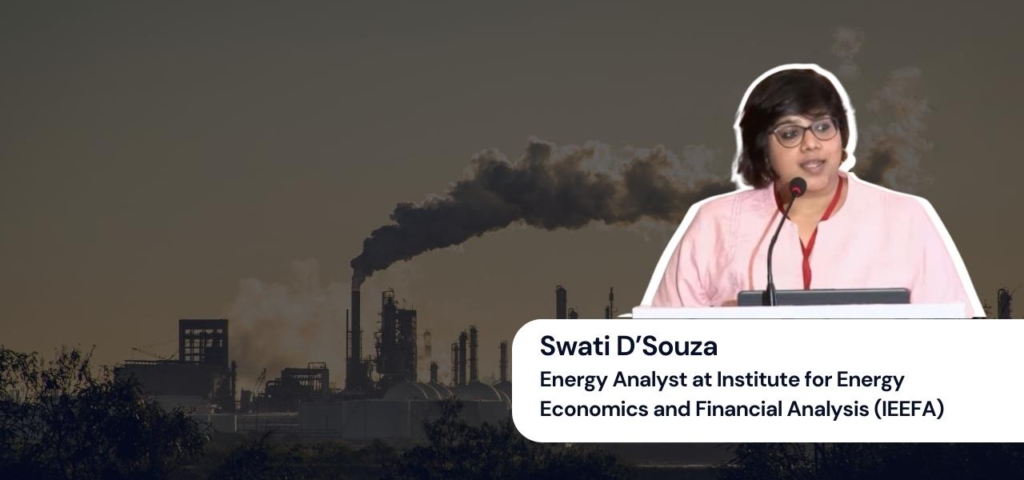The debate over fossil fuel abatement has taken center stage in global discussions, reflecting the growing urgency to combat climate change. The recent Energy Transition Working Group meetings within the G20 have once again brought this issue to the forefront. While there is a consensus on the need for action, the path forward remains filled with complexities and differing viewpoints.

Fossil fuel abatement discussions gained significant momentum during the Glasgow Climate Summit (COP26), with a particular focus on phasing out coal. However, the conversation has since evolved to encompass all fossil fuels, reflecting the broader ambitions of countries to transition towards cleaner energy sources. This shift acknowledges that addressing climate change requires more than just addressing coal; it necessitates a comprehensive strategy to reduce emissions from all fossil fuel sources.
India’s presidency of the G20 has played a crucial role in shaping these discussions. India has been clear in its stance that any talks of phasing out or reducing fossil fuel use must encompass all fossil fuels, including coal, natural gas, and oil. This stance is grounded in India’s energy security concerns, recognizing that a hasty transition away from coal could have adverse economic and energy stability implications.
The lack of consensus on fossil fuel abatement within the G20 reflects the diverse energy profiles and interests of member countries. Some nations are heavily reliant on natural gas, while others are more coal-dependent. Finding common ground on how to reduce emissions while addressing these economic and energy security concerns has proven challenging.
The G7’s recent communique added further complexity to the debate by introducing discussions about natural gas. While natural gas is considered a lower-emission fossil fuel compared to coal and oil, its inclusion raises questions about how countries can navigate the transition away from it. Some countries, particularly those with abundant natural gas reserves, are hesitant to commit to phasing it out.
Additionally, the focus of the G20 is on political cooperation among 20 major economies, while COP meetings involve 196 or 197 nations. The larger COP forum is seen as the appropriate place for discussions on the global transition away from fossil fuels. Therefore, many G20 members view the issue as beyond the scope of their discussions.
However, the fossil fuel abatement debate is far from over. It remains a critical element of the COP discussions and broader global efforts to combat climate change. The key challenge will be finding a balance between the imperative to reduce emissions and the practical and political realities facing individual countries.
Moreover, the narrative surrounding fossil fuel abatement matters. Advocates argue that emphasizing investments in renewable energy and incentivizing its growth is a more positive approach than focusing solely on phasing out fossil fuels. Flood the market with renewables, they say, and economically, they will naturally displace fossil fuels. This approach aligns with the political priorities of many governments and garners public support.
In conclusion, the debate over fossil fuel abatement is emblematic of the complex and multifaceted challenges associated with addressing climate change. While there is widespread acknowledgment of the need for action, the path forward remains intricate, shaped by a diverse array of national interests, energy profiles, and political considerations. The resolution to this issue will undoubtedly continue to evolve as discussions progress, both within the G20 and on the global stage at COP meetings. The challenge now is to find common ground that enables countries to transition to cleaner energy sources while addressing their unique circumstances and concerns.
(Access the complete interview by tuning in to the TIEH podcast available on our website and other major podcast platforms.)


